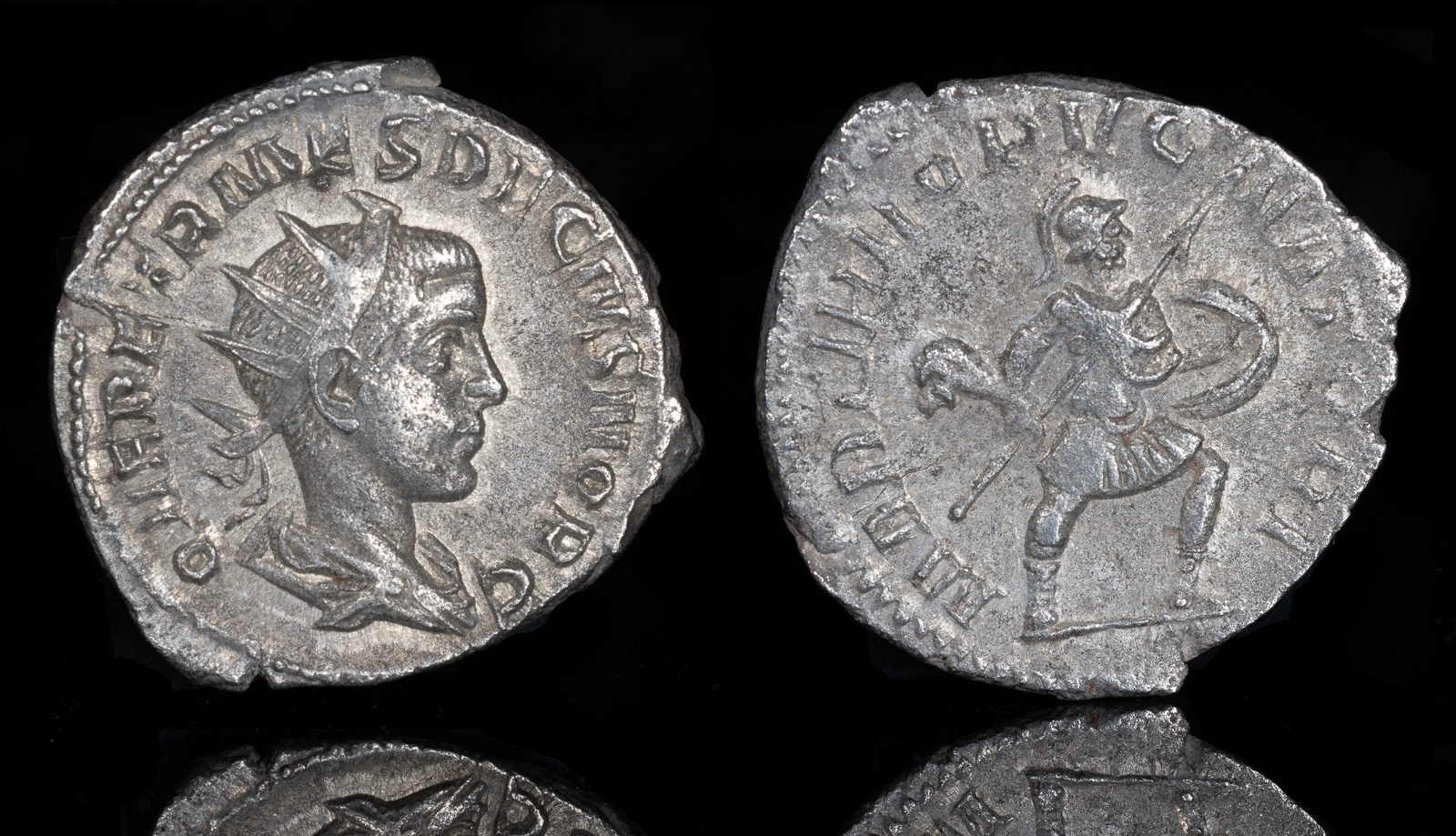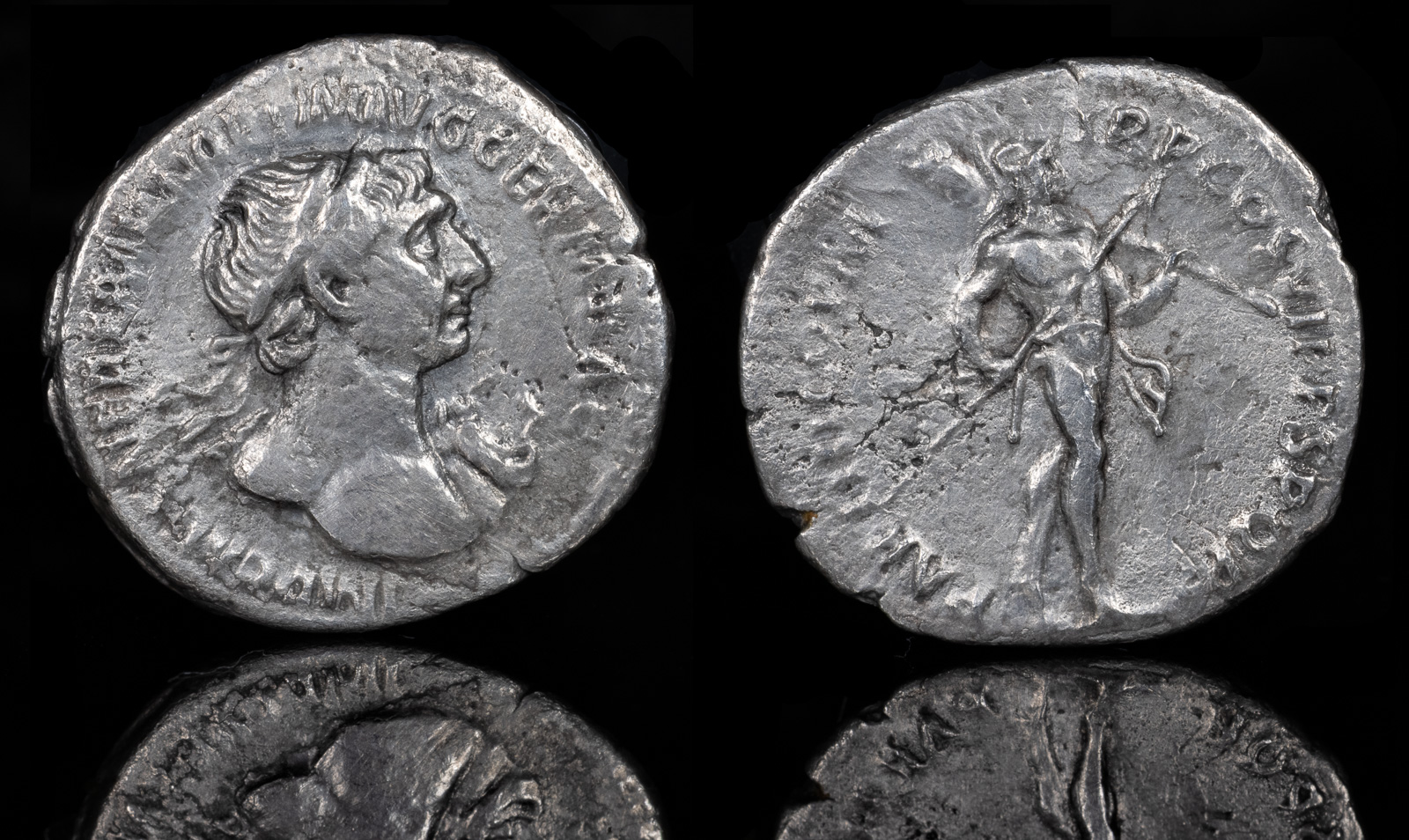Mars
View All Tags
Mars’ importance in Roman culture can be seen in his close association with the Roman military and military campaigns, as he was invoked for victory in battle. He was also connected to the foundation of Rome itself, as his mythological son, Romulus, was believed to be one of the founders of the city. In fact, Mars’ role extended beyond just war; he was also associated with agriculture and fertility, reflecting the Romans’ belief that his strength nurtured not only their military power but the prosperity of the land as well.
The most striking difference between Ares and Mars is the cultural perception of the two gods. In Greek culture, Ares was a more negative figure, embodying the chaos and destruction of war, while in Roman culture, Mars was a more dignified and even revered god, associated with protection, honor, and the glory of Rome. The Roman Mars was seen not just as a god of warfare, but also as an important protector of the state and an integral part of the Roman identity, whereas the Greek Ares was primarily viewed as a symbol of conflict and destruction with less regard for the honor or strategy that went into war.
Another difference lies in their mythological roles. Ares was often seen in the context of individual battles and the destructive side of war, often depicted as more impulsive and unthinking. Mars, however, was portrayed as a god of organized warfare, a leader of soldiers who embodied the values of Roman military discipline. His divine influence was thus felt not only on the battlefield but also in the development of the Roman Empire itself.

Herennius Etruscus, as Caesar
Rome
AD 250-251 CE
AR Antoninianus 3.54g, 22mm, 6h
Q HER ETR MES DECIVS NOB C, radiate and draped bust to right /
MARTI PROPVGNATORI, Mars, helmeted in military attire, advancing to right, holding spear and shield.
RIC IV 141 (Decius); RSC 8

Trajan
Rome 101-102 CE
AR Denarius 18mm, 2,60g
IMP CAES NERVA TRA-IAN AVG GERM, laureate bust of Trajan right, with drapery visible of left shoulder /
P-M TR P-COS IIII P P, Mars, nude, advancing right, with transverse spear in right hand, trophy in left against left shoulder.
RIC II 52